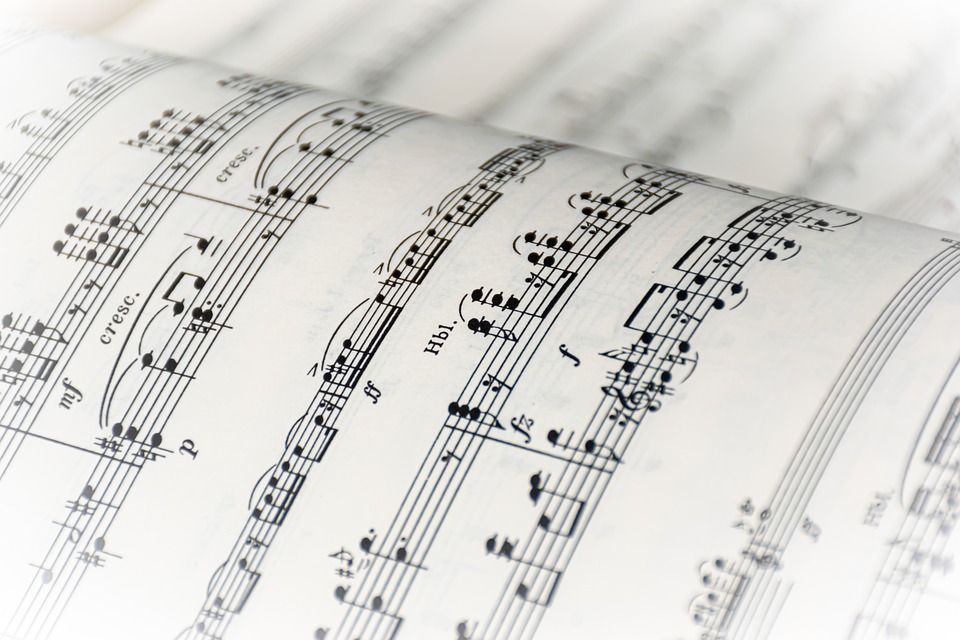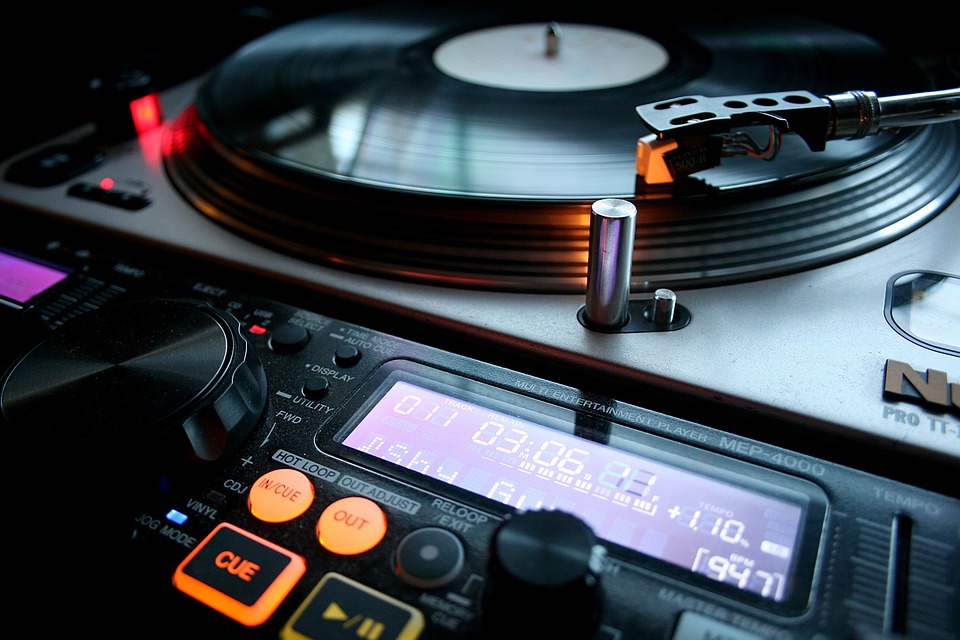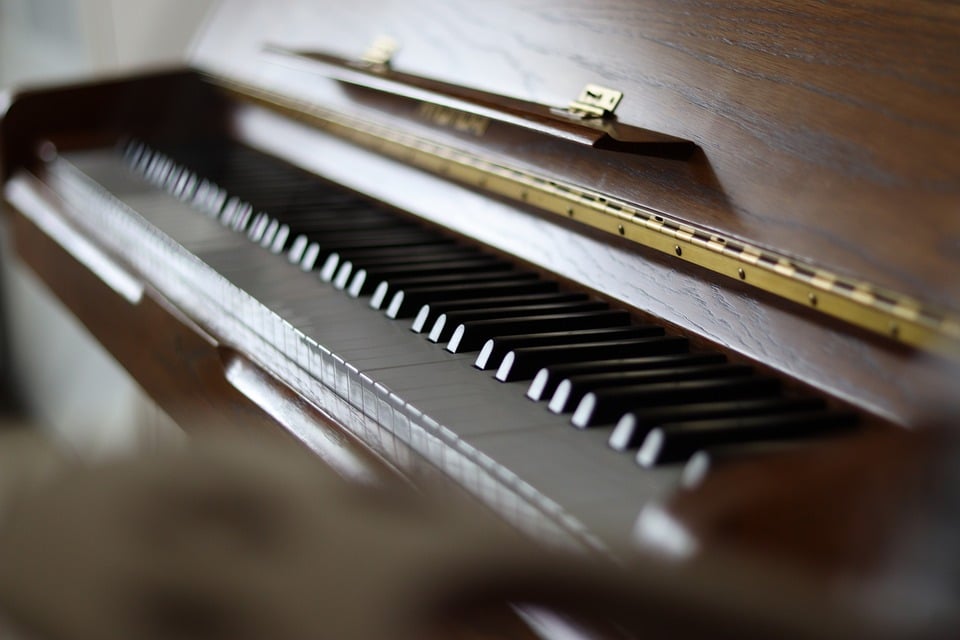Choosing the right microphone is crucial for capturing the unique qualities of female vocals. The best microphones can enhance clarity, warmth, and detail, allowing singers to express their artistry effectively. In this article, we will explore various microphones suitable for female vocals, their features, and tips for making the right choice.
Understanding Vocal Characteristics
Female vocals can vary widely, from soft and delicate to powerful and commanding. Understanding these characteristics is essential when selecting a microphone. Typically, female voices fall within the soprano and mezzo-soprano ranges, which can present different tonal qualities. Some may have bright, airy tones, while others might possess a richer, darker sound.
These vocal qualities can be influenced by factors such as age, technique, and even the emotional context of the performance. A good microphone will not only capture the voice accurately but also complement its unique timbre. Therefore, it’s important to choose a microphone that enhances the natural beauty of female vocals while minimizing unwanted coloration.
Types of Microphones
Microphones come in various types, each with its unique characteristics. The two main types are dynamic and condenser microphones. Dynamic microphones are robust and can handle high sound pressure levels, making them ideal for live performances. They tend to be less sensitive, which can be beneficial in loud environments.
On the other hand, condenser microphones are more sensitive and can capture a wider frequency range, making them suitable for studio recordings. Their ability to pick up subtle nuances makes them a favorite among vocalists. Understanding the differences between these types will help you choose the right microphone for your needs.
Key Features to Look For
When selecting a microphone for female vocals, several key features should be considered. Frequency response is crucial; a microphone that captures a wide range of frequencies will better reproduce the nuances of the voice. Look for microphones with a frequency response that complements the natural range of female vocals, typically between 20 Hz to 20 kHz.
Another important feature is the microphone’s polar pattern, which determines how it picks up sound. Cardioid microphones are popular for vocals as they primarily capture sound from the front, reducing background noise. Additionally, consider the microphone’s sensitivity and output level, as these can affect how well it captures softer vocal performances.
Top Microphones for Female Vocals
1. Shure SM58
The Shure SM58 is an industry-standard dynamic microphone known for its durability and reliability. It has a cardioid polar pattern, making it excellent for live performances. This microphone is well-suited for female vocals, providing a warm sound with a slight boost in the mid-range frequencies, which can enhance the clarity of the voice.
Its rugged construction means it can withstand the rigors of touring and live gigs, making it a favorite among professional singers. The SM58’s ability to minimize background noise ensures that the vocals remain front and center, making it a solid choice for any female vocalist.
2. Audio-Technica AT2020
The Audio-Technica AT2020 is a popular choice among studio vocalists. This condenser microphone offers a wide frequency response and excellent transient response, making it ideal for capturing the nuances of female vocals. Its cardioid polar pattern helps isolate the voice from background noise, which is particularly beneficial in untreated rooms.
With its affordable price point and high-quality sound, the AT2020 is a great option for both beginners and experienced vocalists. It provides a clear and detailed sound, allowing the unique qualities of a female voice to shine through in recordings.
3. Neumann U87
The Neumann U87 is a high-end condenser microphone that is often regarded as a benchmark in the industry. Its versatility makes it suitable for a wide range of vocal styles, including female vocals. The U87 features a switchable polar pattern, allowing users to choose between omnidirectional, cardioid, and figure-8 patterns, making it adaptable for different recording situations.
This microphone delivers a rich and warm sound, with excellent detail and clarity. While it comes with a higher price tag, the U87 is often considered an investment for serious vocalists and studios looking to achieve professional-quality recordings.
4. Rode NT1-A
The Rode NT1-A is another excellent condenser microphone known for its low self-noise and high sensitivity. This microphone captures female vocals with remarkable clarity and warmth, making it a favorite for studio recordings. Its cardioid polar pattern helps minimize background noise, ensuring that the vocalist remains the focal point.
Additionally, the NT1-A comes with a shock mount and pop filter, which are essential accessories for achieving the best sound quality. Its affordability combined with high-quality performance makes it a great choice for both aspiring and professional singers.
5. AKG C214
The AKG C214 is a versatile condenser microphone that offers excellent performance for female vocals. It features a cardioid polar pattern and a wide frequency response, which helps in capturing the intricacies of the voice. The C214 is particularly well-suited for studio recordings, where detail and clarity are paramount.
This microphone is known for its natural sound reproduction, making it a great choice for various vocal styles. Its robust build quality ensures durability, making it a reliable option for both studio and live applications.
Choosing the Right Microphone for Your Voice
When selecting a microphone, it’s important to consider your vocal style and the environment in which you’ll be using it. If you primarily perform live, a dynamic microphone like the Shure SM58 might be your best bet. For studio recordings, a condenser microphone such as the Audio-Technica AT2020 or Neumann U87 would be more appropriate.
It can also be helpful to test microphones before making a purchase. Many music stores have demo setups where you can try different models and find the one that best suits your voice. Listening to how a microphone captures your vocals in real-time will give you a better idea of its performance and suitability.
Conclusion
Choosing the best microphone for female vocals is essential for achieving the desired sound quality in both live performances and studio recordings. Factors such as vocal characteristics, microphone types, and key features should guide your decision-making process. Whether you opt for a dynamic microphone like the Shure SM58 or a high-end condenser like the Neumann U87, understanding your unique vocal qualities will help you select the microphone that best enhances your sound.
Ultimately, the right microphone can make a significant difference in how your voice is captured and presented, allowing you to express your artistry effectively. With so many excellent options available, there is a microphone out there that will perfectly complement your vocal style.
FAQs
1. Can I use a dynamic microphone for studio recordings?
Yes, dynamic microphones can be used for studio recordings. They are particularly effective for live performances but can also capture vocals in a studio setting. However, condenser microphones are generally preferred for studio work due to their sensitivity and ability to capture finer details.
2. How much should I spend on a microphone for female vocals?
The price of microphones can vary widely, from budget options around $100 to high-end models exceeding $1,000. It’s essential to consider your needs and budget. There are many quality microphones available in the $100 to $500 range that offer excellent performance for female vocals.
3. Do I need additional equipment with my microphone?
Depending on the microphone you choose, you may need additional equipment such as a pop filter, shock mount, and audio interface. These accessories can help improve sound quality and ensure that your recordings are clear and professional. Always check the requirements for your specific microphone model.
4. Can I use a USB microphone for recording vocals?
Yes, USB microphones are convenient for home recording and can deliver good sound quality for vocals. They are easy to use and connect directly to your computer, making them a great choice for beginners or those on a budget. However, they may not offer the same level of sound quality as professional XLR microphones.
5. How do I maintain my microphone?
To maintain your microphone, avoid exposing it to extreme temperatures and humidity. Keep it clean by regularly wiping it down with a soft cloth. Additionally, using a pop filter can help protect the microphone from saliva and moisture during vocal performances. Proper storage and handling will prolong its lifespan.


